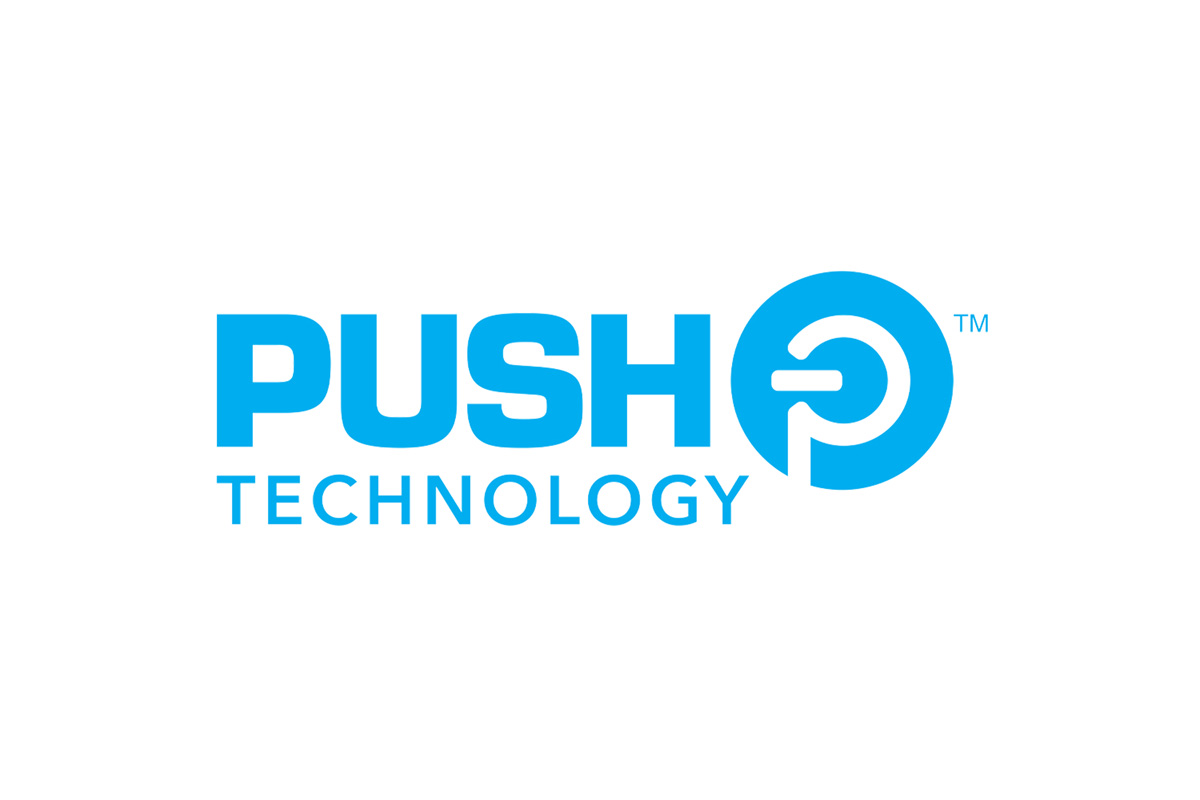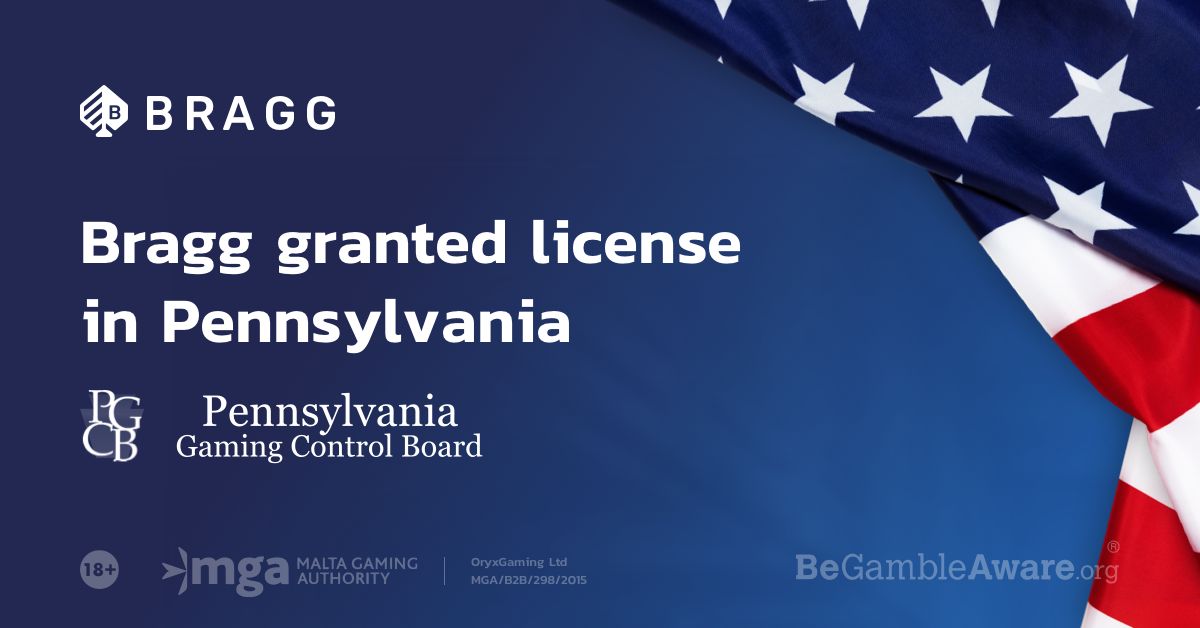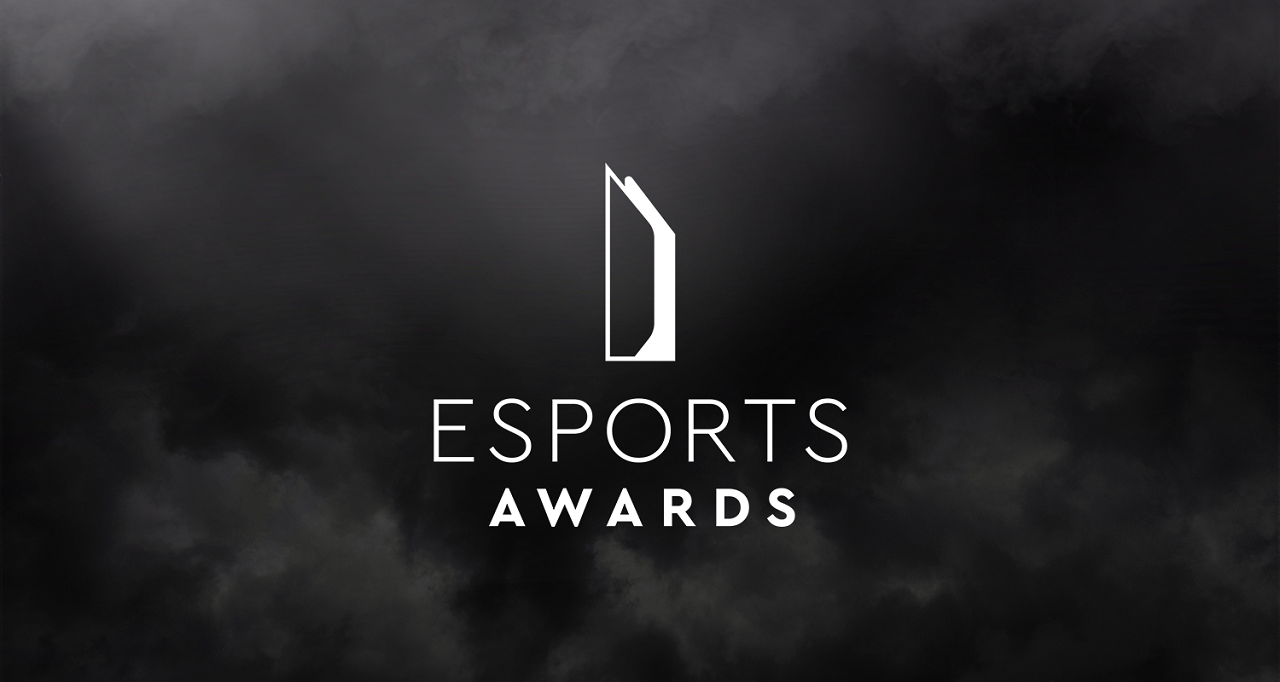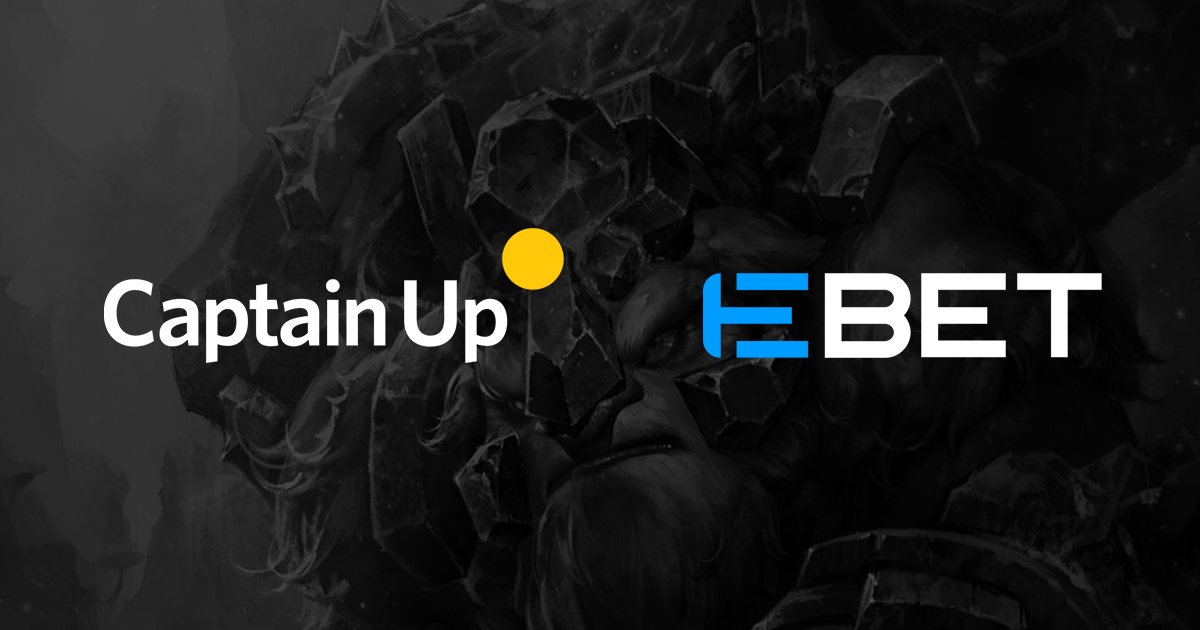
Push Technology Appoints Riaz Mohammed as CTO
Push Expands Senior Team to Support Increased Business Momentum
Push Technology, the pioneer and leader in real-time data streaming and messaging solutions, has announced the appointment of Riaz Mohammed as its new CTO. Riaz has extensive experience in a variety of industries including Banking and Finance, Utilities, Transportation, Automotive, and Government.
During his career Riaz has contributed to and developed numerous solutions and platforms, most notably in the fields of predictive analytics, market surveillance and trade monitoring, and In-Memory Data Grids and streaming analytics. In his previous role as Technical Director at Hazelcast, Riaz was responsible for driving innovation and growth. He led a high performing team of Solution Architects/Pre-sales that affected thought leadership, messaging, streamlining processes and resource planning. Under his technical sales strategy and solution architecture remit, he helped the company generate sustainable revenue growth in the region of 6X.
Prior to Hazelcast, Riaz worked at Software AG as a Senior Solutions Engineer in the Financial Services sector. Working in pre-sales, Riaz worked closely with sales, product management and consultants to support sales cycles. He was involved in strategic engagement planning, solution design, creating architecture artefacts and hands on development of prototypes. In other roles, Riaz has held senior developer positions at Nomura, JP Morgan and Deutsche Bank.
Riaz said: “Push Technology has a reputation for removing the real-time, event-data consumption, enrichment and delivery challenges faced by many organizations, especially in Financial Services and eGaming. Its solutions enable companies to focus on what matters – the future growth of their businesses. I’m very excited to be joining the team at a time when platforms such as Diffusion are becoming integral to the enablement of digital transformation strategies.”
John Pocock, Executive Chairman and CEO at Push Technology, comments: “Riaz is joining Push at a critical juncture as we are seeing first-hand a rapid escalation in the adoption of real-time streaming technologies. Riaz adds significant experience to the Push team and will play a key role in helping us achieve revenue objectives that will fuel our continued growth.”
About Push Technology
Push Technology pioneered and leads the market in real-time, event-data streaming and messaging solutions that power mission-critical business applications worldwide. Push’s Diffusion Intelligent Event-Data Platform is purpose-built to simplify and accelerate event-driven, real-time application development, reduce ongoing operational costs, and speed time-to-market. Diffusion consumes raw event data in any size, format or velocity; enriches event data dynamically in-flight; and delivers event data reliably and at massive scale with secure, fine-grained, role-based access control.
Leading brands, across industries including financial services, transportation, energy, retail, healthcare, eGaming, and Internet of Things companies, use the Diffusion Intelligent Event- Data Platform to drive customer engagement, fuel revenue growth, and streamline business operations. Diffusion is available on-premise, in-the-cloud, or in hybrid configurations, to fit the specific business, regulatory, and infrastructure requirements of the event-driven applications operating in today’s everything connected world. Learn more at www.pushtechnology.com.










